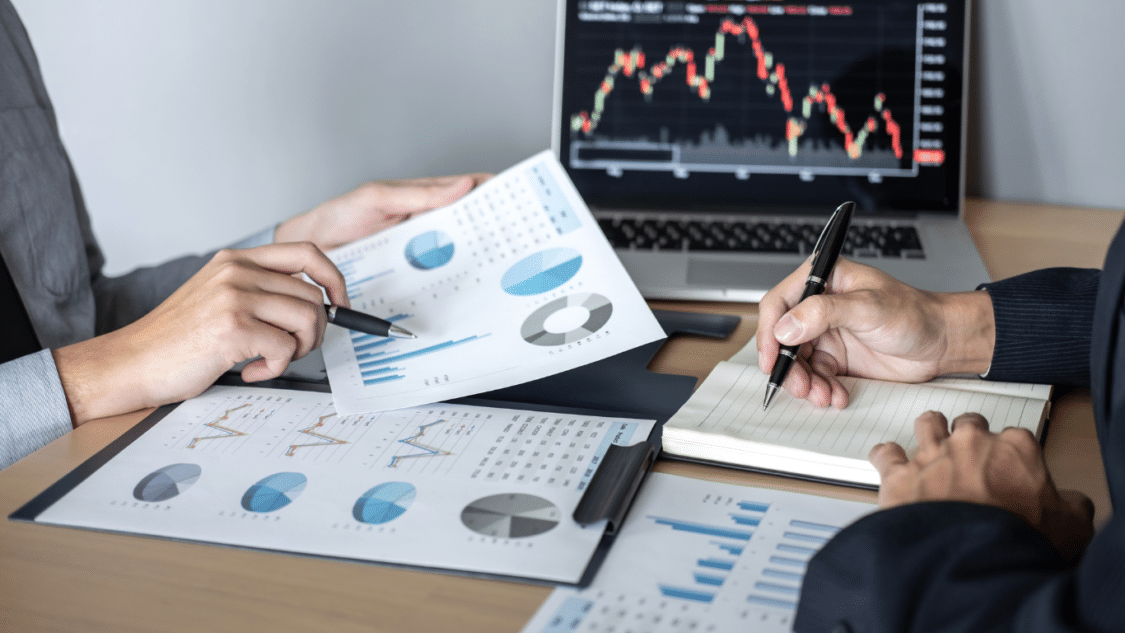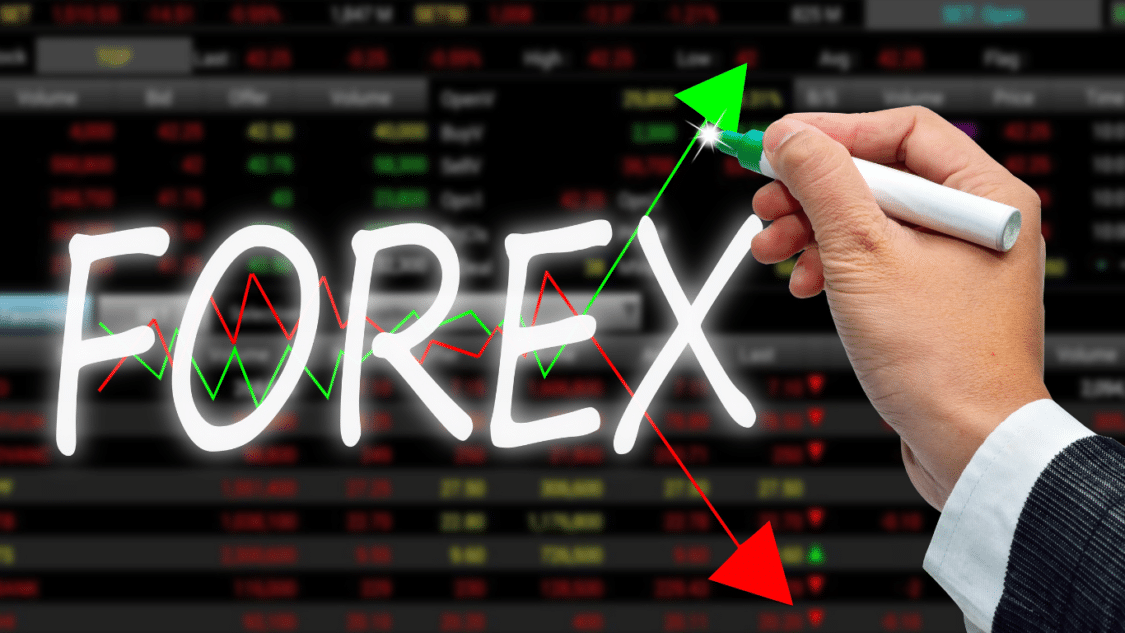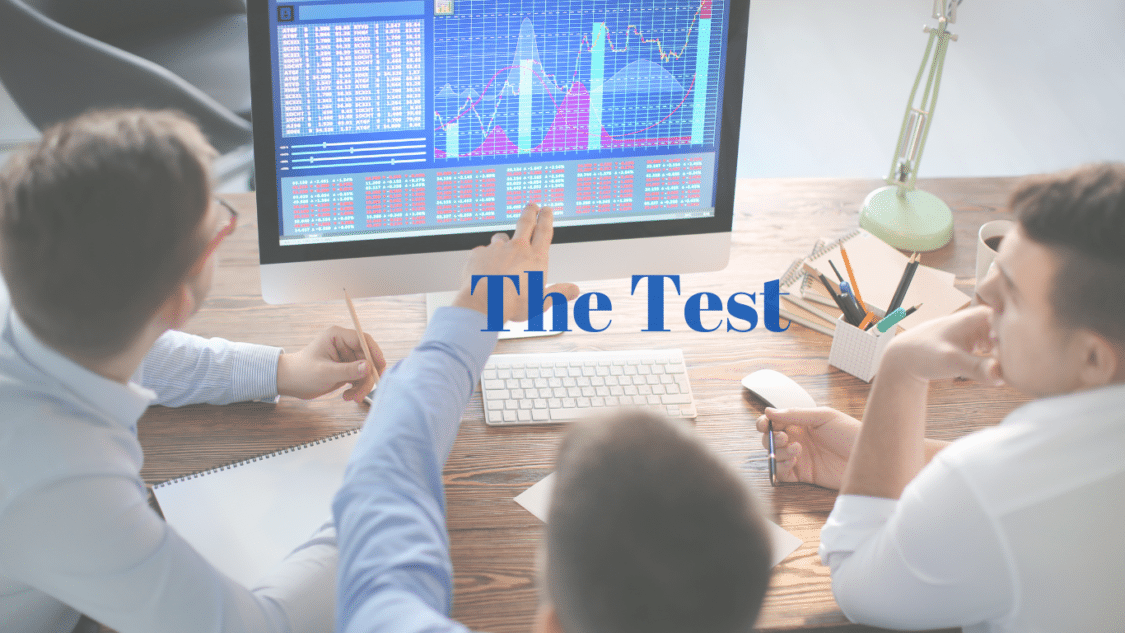Choosing a forex broker is the biggest trade you’ll make. Solid trading methods and expertise are not enough to succeed in this field. Think of it this way, if your forex broker runs off with all your hard-earned money, all the strategies you put into use were good for nothing. We will go into depth on choosing the best forex broker to meet your needs and help you reach your financial goals.
When it comes to finding a forex broker that fits your needs. The number one aspect to remember when choosing a broker is to keep your needs in mind. Know what is important to you. Let’s go through a checklist of questions you can ask yourslef before setting on a forex broker.
- Will your trading be full-time or part-time?
- Are you interested in small or big moves?
- What are my trading goals and objectives?
- What is my trading style, and am I aware of my preferred trading instruments?
- How much experience do I have with trading forex?
- Risk tolerance level?
- What fees and costs are included in the broker’s services?
- What is the broker’s reputation in the industry?
- What customer support and service level do I need to succeed in this field?
- How important are regulation and safety of my funds to me?
- What trading platforms and tools does the broker offer?
- Is it easy to deposit and withdraw funds from the broker?

Types of Forex Brokers:
- Market makers: Market makers are forex brokers that create a market for their clients by taking the opposite side of their trades. For example, when a client buys a currency pair, the market maker sells it to them, and when the client sells a currency pair, the market maker buys it from them. They usually offer fixed spreads, meaning that the spread remains the same regardless of market conditions. They make their money through the difference between bid and ask prices, aka the spread.
- ECN brokers: ECN brokers provide a marketplace where traders can access interbank forex quotes and trade directly with other market participants, including banks, hedge funds, and other traders. ECN brokers use electronic communication networks to match buy and sell orders and offer tight spreads, connecting traders directly to the forex market. They usually charge a commission for their services based on the volume of trades.
- STP brokers use Straight Through Processing (STP) technology to route their clients’ trades to liquidity providers, such as banks or other brokers. The broker does not take the other side of the trade; therefore, there is no conflict of interest. STP offers variable spreads, meaning that the spread may widen or narrow depending on the state of the market. They charge a commission for their services, usually based on the volume of trades.
- DMA brokers: DMA brokers offer Direct Market Access (DMA) to their clients. This allows them to trade directly on the exchange or with other liquidity providers. In this case, the broker does not take the other side of the trade, and there is no conflict of interest. DMA brokers offer very tight spreads and charge a commission for their services based on the volume of trades.
- NDD brokers: NDD brokers offer No Dealing Desk (NDD) execution. They do not take the other side of their clients’ trades. Rather, they act as an intermediary between their clients and the market. NDD brokers can be STP or ECN brokers, offering variable spreads and charging a commission for their services.
- Islamic brokers: Islamic brokers offer trading accounts that comply with Islamic Sharia law, prohibiting earning or paying interest (also known as Riba). Instead, Islamic accounts operate swap-free, meaning that positions held overnight are not subject to rollover fees. Islamic brokers also offer other services that comply with Sharia law, like halal investments.
What should the forex broker offer?

- No “dealing desk” – If you’re planning on becoming a day broker, you want to be in direct contact with the market.
- Choose a forex broker located in a country with a well-established financial system. Brokers licensed by the US, UK, Canada, Japan, New Zealand, or Australia are frequently at the top of the list.
- Look for a forex broker with availability and responsive customer service. Send emails, ask questions to several brokers, and monitor how thoroughly they respond.
- Be aware of “losing trader” reviews and look for credible sources. Reviews and discussion forums can help you research and find the right broker.
- Maintain objectivity and do your research before making a decision. Just because someone loses money doesn’t make the forex broker bad. False information is always getting out and often without a credible reference.
- Check if the broker offers different types of accounts to suit your trading style and budget. Examples of accounts would be micro, standard, or VIP.
- Payment options – Look for various payment options, such as credit/debit cards, bank transfers, and e-wallets.
- Trading instruments – Ensure that the broker gives access to the trading instruments you’re interested in, like forex, stocks, commodities, and cryptocurrencies. Make sure not to get screwed over with just a single option.
- Look for a broker that provides educational resources; this will serve you as a big advantage. You will be granted access to trading guides, webinars, and demo accounts, which will ultimately help you improve your trading skills.
- Ensure the broker uses advanced security measures like SSL encryption and two-factor authentication. They will use this to protect your personal and financial information.
- Trading conditions – Check if the broker offers favourable trading conditions, such as low spreads, high leverage, and fast order execution.
- Reputation – Look for a broker with a good reputation among traders. Check for reviews, past and present experiences and ratings on trusted websites and forums.
The Test

Test out the forex broker yourself. Your list of potential brokers should be smaller at this point. Before finalizing your decision, test out the brokers you have your eye on.
- Open a demo account first and take note of the conditions offered. Your orders should be executed instantly, and spreads should be tight. Take note that the platform is working efficiently and not crashing multiple times.
- If the demo works for several weeks, take another step. Open a live account and deposit a fraction of what you intended to deposit. For example, you would put in 1,000 instead of 10,000.
- Trade the live account with your deposit for two weeks. Continue to evaluate customer service throughout this time by asking them questions and seeing how quickly they respond.
- Initiate a withdrawal to see whether it can be done quickly.
- Avoid “bonuses” – Avoid any bonuses they may offer when opening a live account. Nothing comes for free, by accepting a bonus may interfere with a withdrawal because some of your money is now the Broker’s money.
- Customer support – Send emails or messages to the broker’s customer support team and test how fast they respond. This will provide you with an idea of the responsiveness of the team.
- Evaluate trading conditions: Use the demo account to evaluate the broker’s trading conditions, such as spreads, commissions, and fees. Check if they’re competitive and suit your trading style.
- Security measures: Verify that the broker uses advanced security measures. Like SSL encryption and two-factor authentication.
- Go forth with some test trades and monitor the execution speed. Check that the broker provides fast and reliable order execution.
- Trading instruments – Check if the broker offers the trading instruments you want to invest in and evaluate their liquidity and volatility.
Closing Thoughts
In conclusion, settling on the right forex broker is an important step for any trader looking to enter the foreign exchange market. The forex market is highly competitive in all aspects, and traders need a reliable and trustworthy broker to provide them with the necessary tools and services to succeed. The different types of forex brokers available each have pros and cons, and finding the best broker will depend on your trading style, goals, and preferences. It’s important to know what you’re looking for and choose a broker regulated by a reputable authority that provides good service to its clients and offers competitive spreads, commissions, and other services that meet your needs.
Ultimately, the forex market can be a highly rewarding but quite risky adventure, and choosing the right forex broker is a big step towards success. By carefully considering the different types of forex brokers available and selecting one that meets your needs, you can increase your chances of success in the forex market. Remember always to do your due diligence, carefully read the terms and conditions, don’t rush into anything and don’t risk more than you have in your account. With the right forex broker and a solid trading plan, you can eventually achieve your financial goals and succeed as a forex trader.
Choosing a broker is an essential step before starting your trading journey. You want to ensure you have a professional’s proper guidance and support. We hope we were able to narrow down some of the steps that are included in the process. Good Luck.
For more news updates, visit our homepage now and see our latest news article. Want to learn more about trading? Visit our education page now and learn for FREE!
Interested to learn more about: Why Bitcoin fall?

